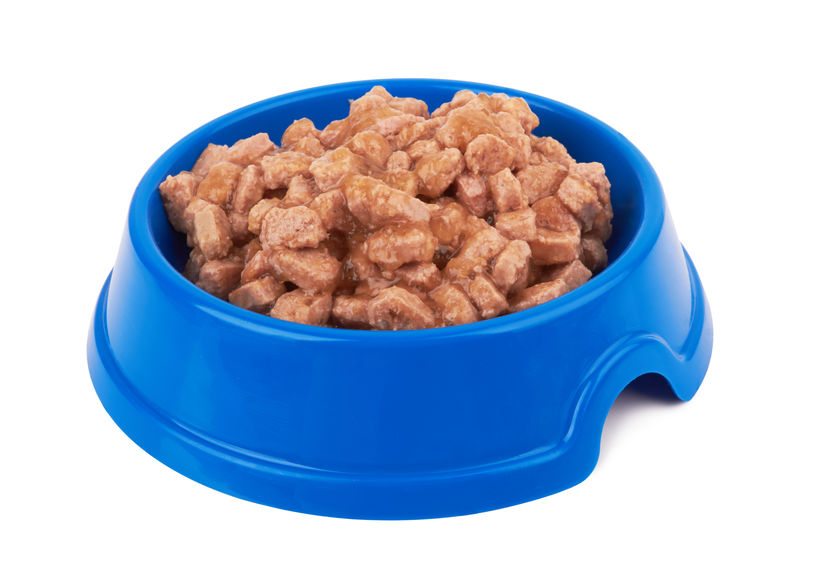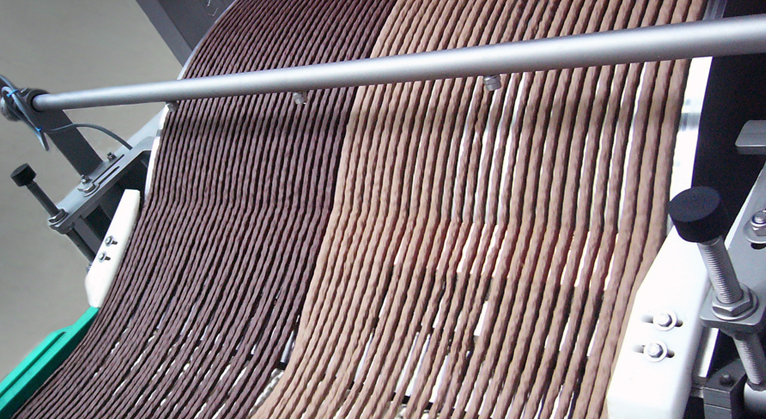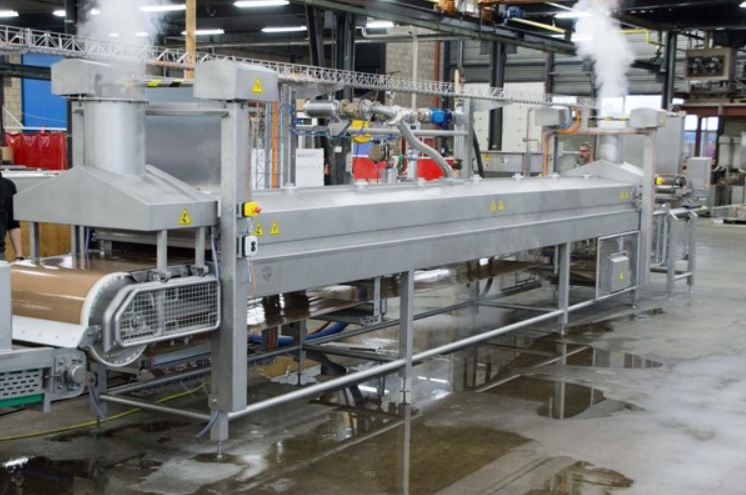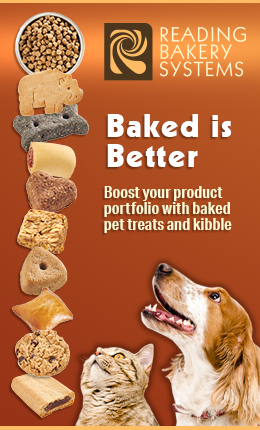Through energy-efficient, easy-to-maintain and cleanable systems, FTNON is delivering a range of solutions to the pet food industry, which are helping customers maintain a consistent, premium quality, while also – in a highly-competitive industry – keeping running costs as low as possible.
'The pet food industry is really booming at the moment, with people tending to buy more premium products than in the past where you have more meat in a can or a pouch,' explains FTNON's Joost Lotgerink Bruinenberg. 'We see that pouches are seen as more of a premium product, and demand is growing, for both cats and dogs.

'That's the trend and you see it when you go into a supermarket: five years ago, it was a few metres, now it's one big lane for dry and wet pet food, so the customer has more choice. And the big players are also investing in new factories to fulfil the market demand.'
Plant-based foods
Another major emerging trend is in meat-replacement products. Although not significant in pet food at the moment, Lotgerink expects the category to follow the importance of the trend in human foods in the near future. 'Given the shortage of meat in the industry, this is likely to be a strong trend in pet food in two-three years' time,' he predicts. 'Companies are already thinking about it and are looking to change their recipes to be more plant-based.'

Sustainable solutions
FTNON's solutions for wet pet ood begin with meat preparation before entering an emulsion hopper and subsequently an extruder where the meat is made into 'ropes'. Following steam cooking and cooling, the product enters the cutting stage to be made into standard or irregular chunks. These are then conveyed into a can or pouch for filling and closing. Using custom-made hoppers, plus steam and cooling tunnels, as well as the extrusion system, FTNON's systems can handle small capacities of 300 kg up to 5,000 kg, depending on customer needs.
Energy-efficiency is a key element of a system designed to be as modular as possible, using the same components or spare parts. Being easy to maintain means cleaning times can be shortened, while there is a strong focus on achieving a consistent output in terms of texture, color and flavor at a premium quality.

'We are trying to achieve a system which is energy-effective,' says Lotgerink. 'We need to use steam to cook the product and of course heating it costs energy, but by constructing and insulating the hood in a specific way, we don't use so much steam and therefore we are much more energy-efficient compared with others in the industry.'
'Customers are looking at sustainable systems: they don't want to pay so much for utilities, so we try to be really effective in that way, and it's something we're looking to develop more and more.'
Further improvements are already underway for FTNON's pet food solutions, with work being done to refine systems for irregular chunks, while JBT's Internet-of-Things iOPS program will also be integrated. But perhaps most important of all is FTNON's worldwide reach, thanks to JBT. 'Our pet food solutions are tailored to customer needs, but through JBT we also have a local presence to serve the customer, globally,' adds Lotgerink.
Source: JBT Corporation
You could be interested: Greenwashing in pet food: what it is and how to avoid it





































